Nuts and seeds may be small, but they pack a serious nutritional punch. Whether you’re snacking on almonds, sprinkling chia seeds on your yogurt, or adding walnuts to your salad, these tiny powerhouses offer a wealth of health benefits. From heart health to brain function, nuts and seeds are a must-have in any balanced diet.
In this guide, we’ll explore the benefits of some of the most popular nuts and seeds, along with creative ways to incorporate them into your meals.
Why Nuts & Seeds Are a Nutritional Superfood
Nuts and seeds are rich in:
- Healthy fats (monounsaturated and polyunsaturated fats, including omega-3s)
- Protein (great for plant-based diets)
- Fiber (supports digestion and gut health)
- Vitamins & minerals (like vitamin E, magnesium, zinc, and selenium)
- Antioxidants (fight inflammation and oxidative stress)
Despite their calorie density, studies show that moderate nut consumption can actually support weight management by promoting satiety.
A Closer Look at Popular Nuts & Seeds
1. Almonds
Benefits:
- High in vitamin E (great for skin health)
- Supports heart health by lowering LDL cholesterol
- Rich in magnesium (helps with muscle function and blood sugar control)
How to Enjoy:
- As a snack (raw or roasted)
- Almond butter on toast
- Sliced in oatmeal or salads
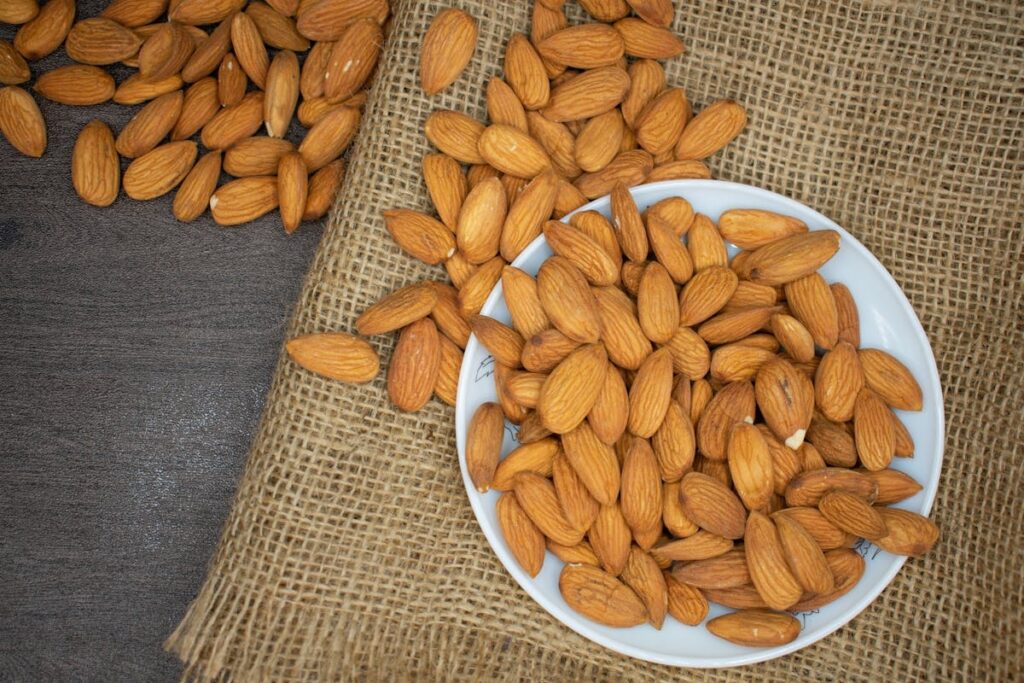
2. Walnuts
Benefits:
- One of the best plant-based sources of omega-3s (great for brain health)
- May improve cognitive function and reduce inflammation
- Supports heart health
How to Enjoy:
- Added to baked goods
- Blended into pesto
- Topped on yogurt or smoothie bowls
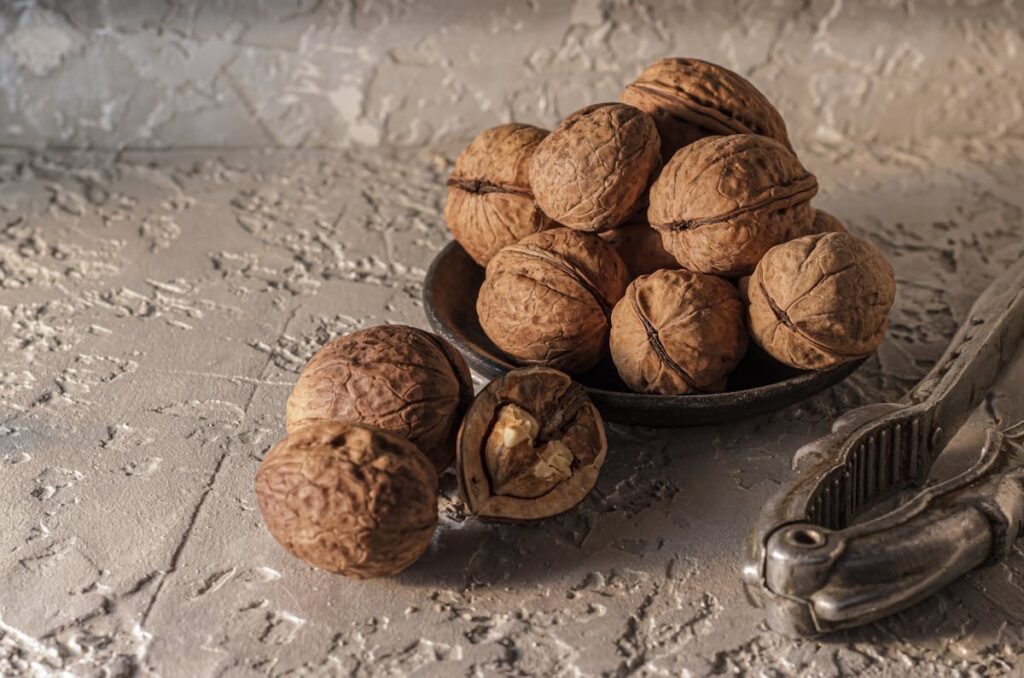
3. Chia Seeds
Benefits:
- High in fiber (supports digestion)
- Rich in plant-based omega-3s
- Helps maintain hydration (they absorb up to 10x their weight in water)
How to Enjoy:
- Chia pudding
- Added to smoothies
- As an egg substitute in baking (1 tbsp chia + 3 tbsp water = 1 egg)
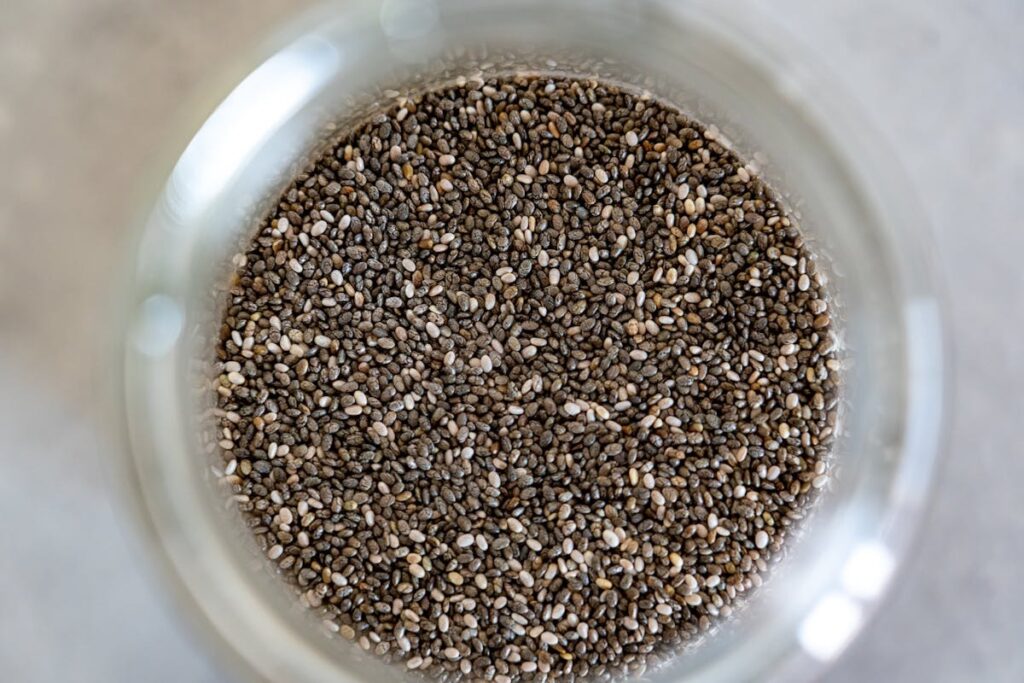
4. Flaxseeds
Benefits:
- Excellent source of lignans (may reduce cancer risk)
- Supports digestive health
- Helps lower cholesterol
How to Enjoy:
- Ground flax in smoothies or oatmeal
- As a binder in veggie burgers
- Sprinkled on salads
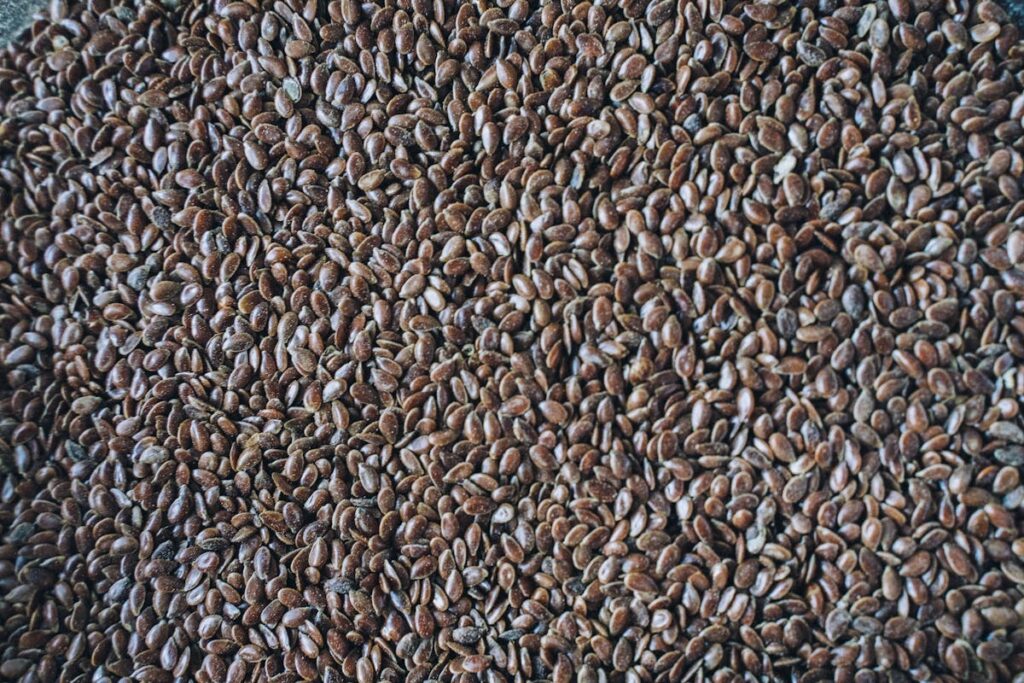
5. Pumpkin Seeds (Pepitas)
Benefits:
- High in magnesium (supports relaxation and sleep)
- Rich in zinc (boosts immunity)
- Contains plant compounds that support prostate health
How to Enjoy:
- Roasted with spices as a snack
- Added to trail mix
- Blended into homemade granola
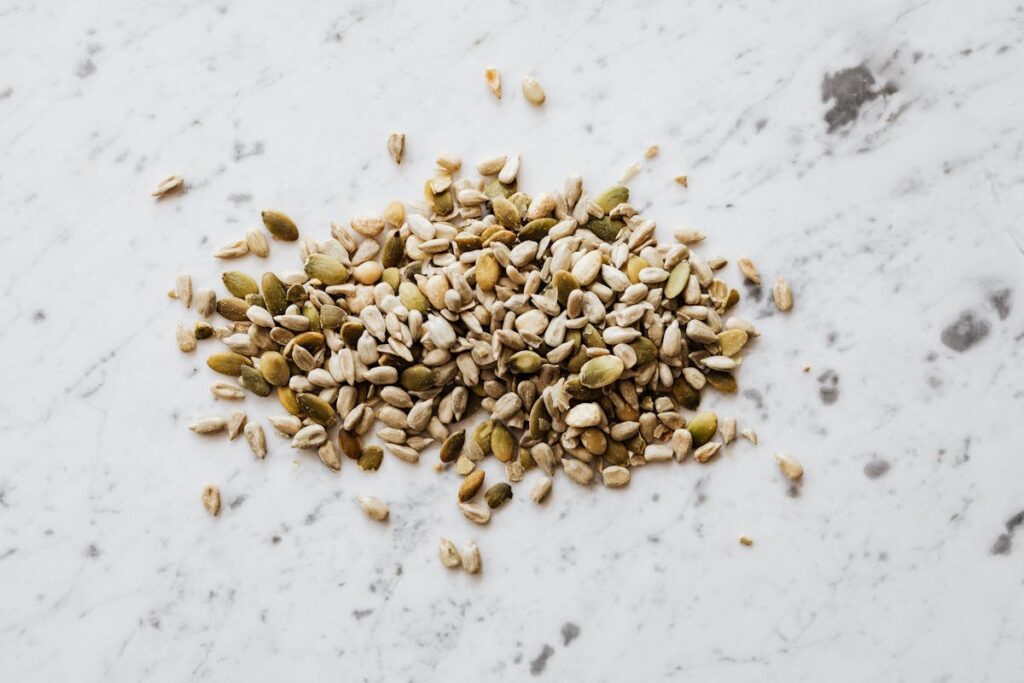
6. Cashews
Benefits:
- Good source of copper (supports energy production)
- Contains healthy fats for heart health
- Creamy texture makes them great for dairy-free recipes
How to Enjoy:
- Cashew cheese or cream
- Stirred into curries
- As a base for vegan desserts
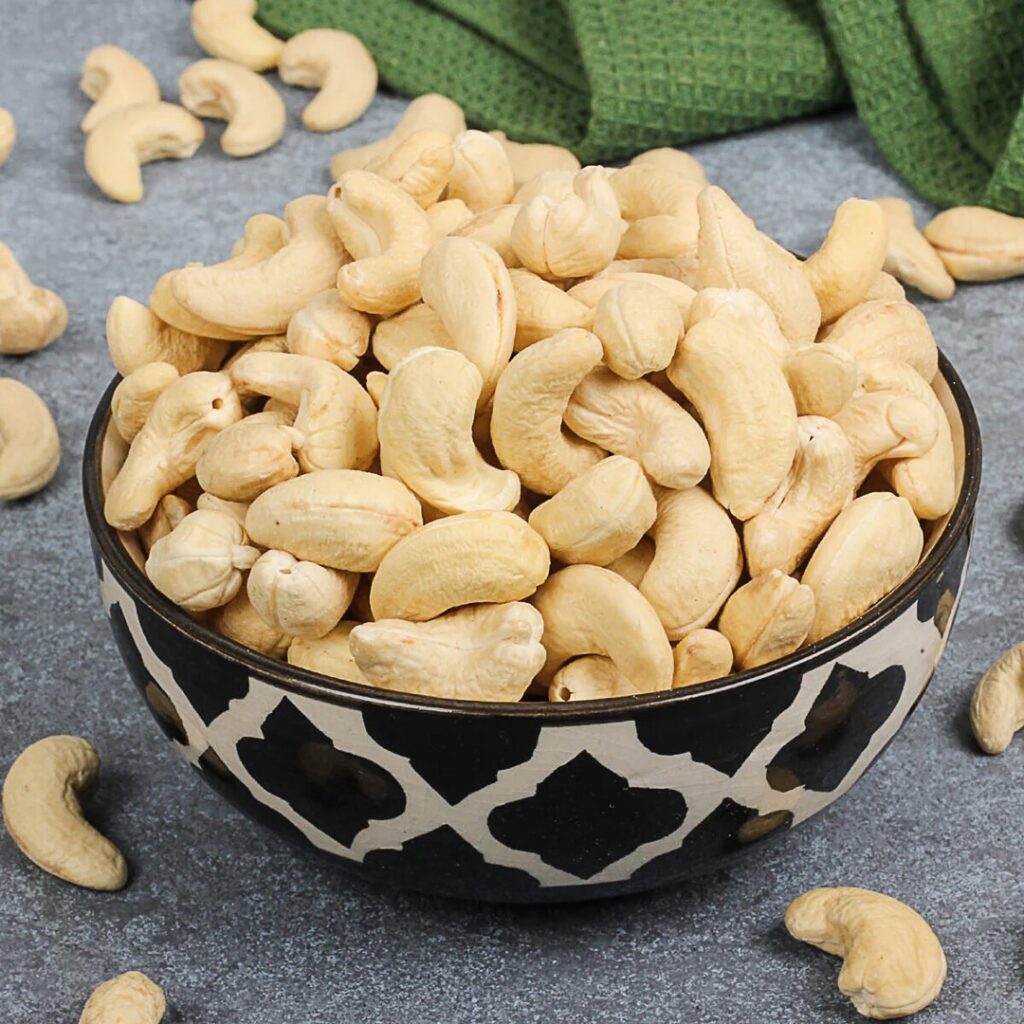
How to Incorporate More Nuts & Seeds Into Your Diet
- Breakfast: Add nuts or seeds to oatmeal, yogurt, or smoothies.
- Snacks: Keep a mix of raw or roasted nuts handy.
- Salads: Sprinkle seeds or chopped nuts for crunch.
- Baking: Use almond flour or add walnuts to muffins and bread.
- Dips & Spreads: Try tahini (sesame seed paste) or nut butters.
While nuts and seeds are incredibly healthy, they are calorie-dense. Stick to a small handful (about 1 oz or 28 grams) per serving to enjoy their benefits without overdoing calories.
Nuts and seeds are a simple yet powerful way to boost your nutrition. Whether you’re looking to improve heart health, support brain function, or just add more plant-based protein to your diet, these tiny superfoods deliver big benefits.
